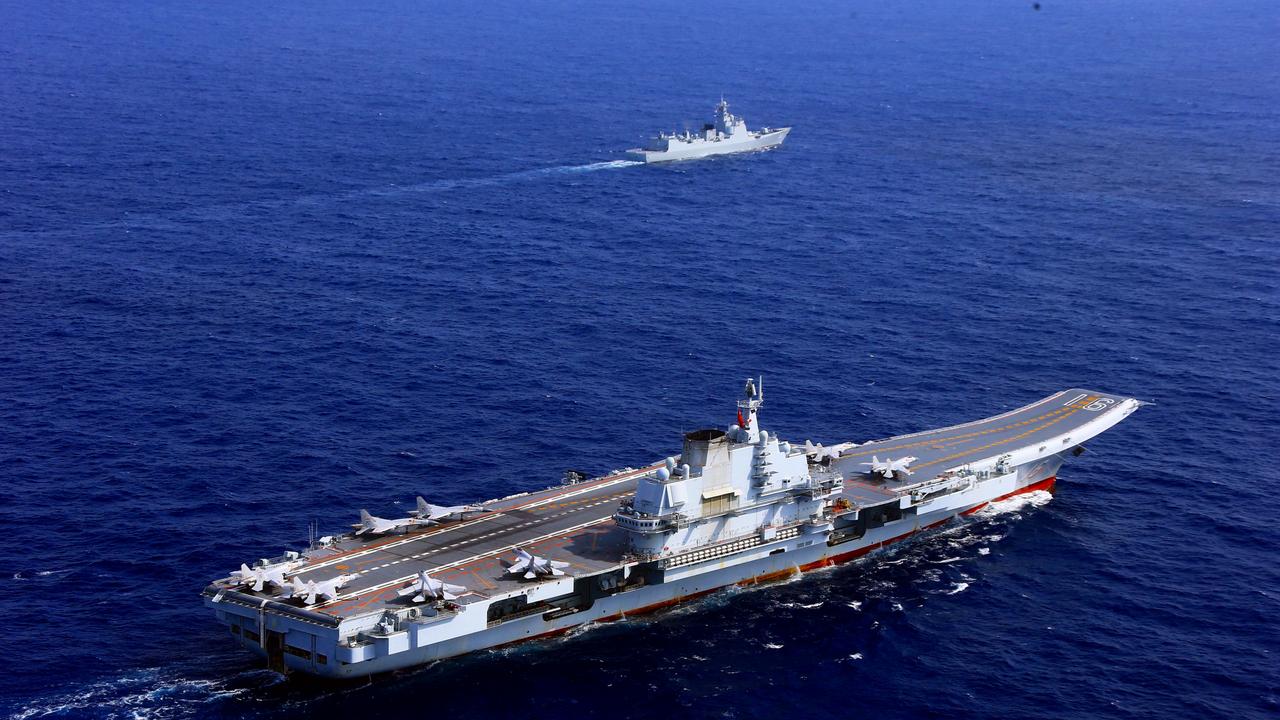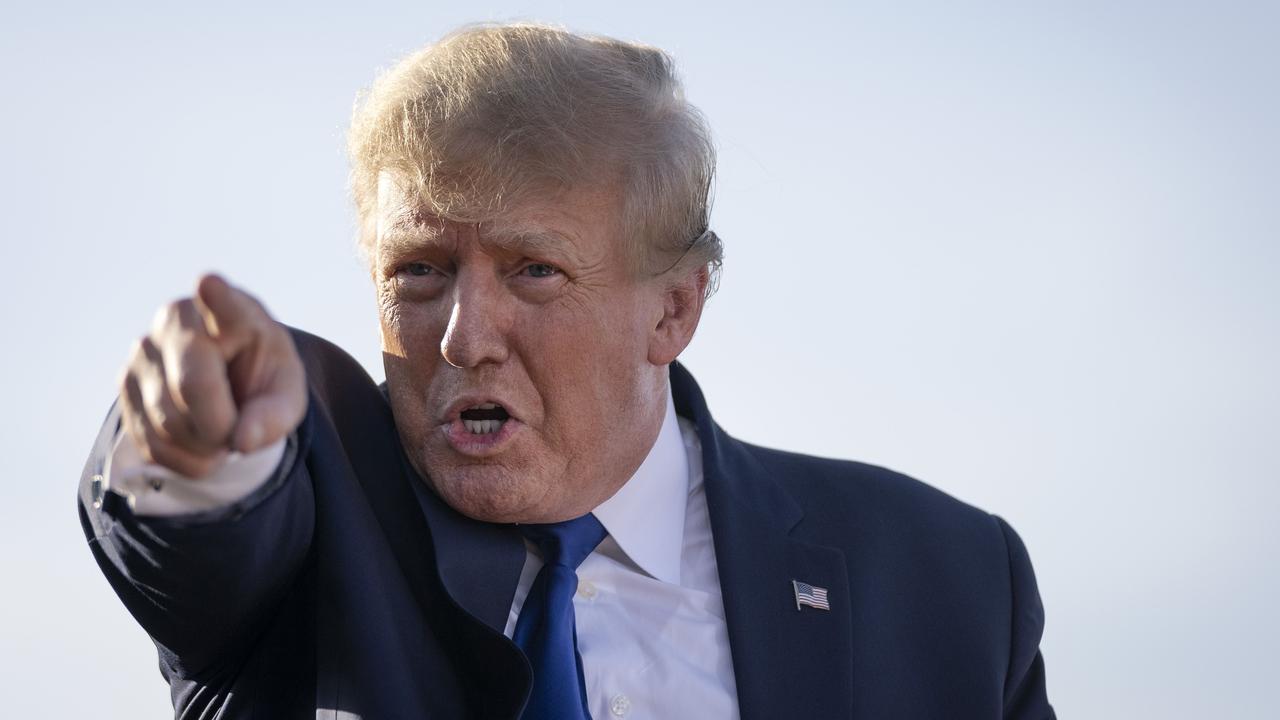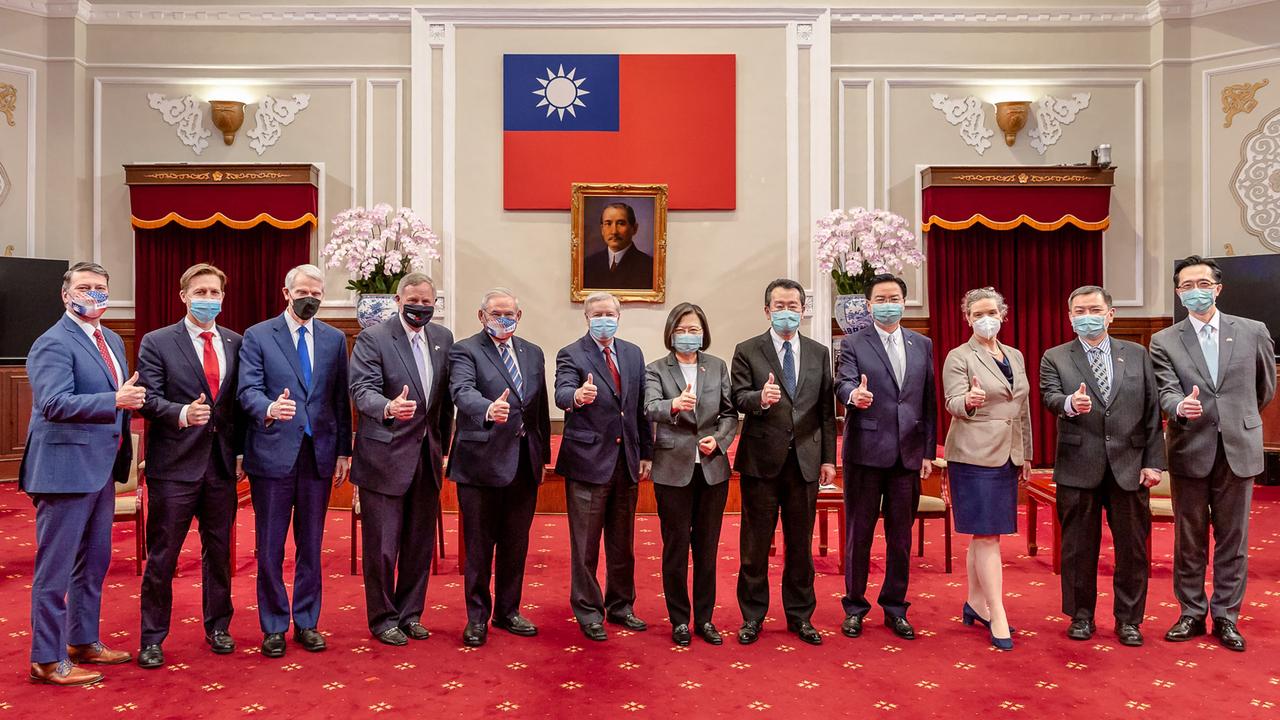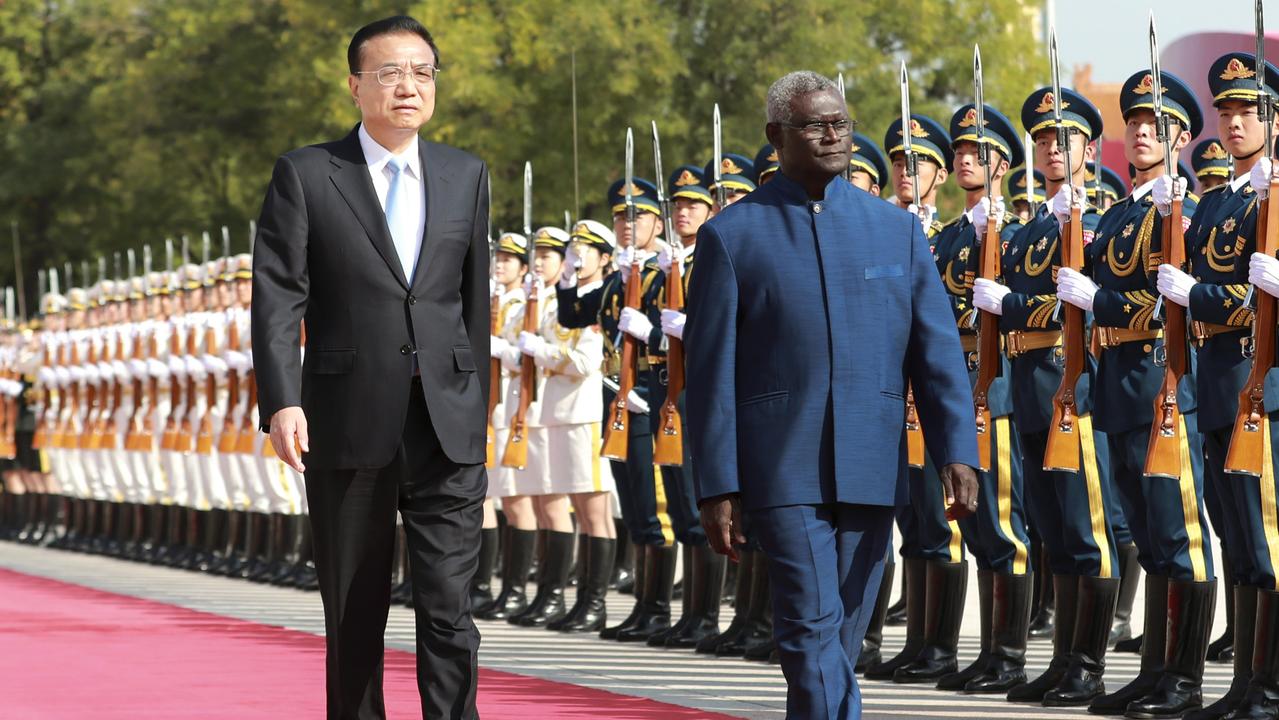A ‘70 to 80 per cent’ chance Australia will be at war by end of the decade, warns expert
By the end of the decade, there is up to an 80 per cent chance that Australia will be at war with China, an expert has warned.
Australia will probably be at war with China by the end of the decade, a leading foreign policy expert has said.
Malcolm Davis, a senior analyst at the Australian Strategic Policy Institute (ASPI), said that in the case of war breaking out between China and Taiwan, Australia would be pulled into the conflict by the US.
“Assuming our intelligence is correct about China, and its intention towards Taiwan, I would certainly say it’s in the 70 to 80 per cent chance, because … it’s inconceivable that Australia would not support the United States if it was going into that sort of conflict,” Mr Davis told news.com.au’s podcast I’ve Got News For You.

The dire prediction comes at a time of a strained global landscape – more than two months since Russia began its invasion of Ukraine and mere weeks after China signed a deal with the Solomon Islands that could place a Chinese military base a few hours from Australia.
Mr Davis’ prediction relates to the prospect of warfare sparking over Taiwan, the democratic island off the coast of China.
The Asian superpower has long considered Taiwan to be part of China and the CCP has used veiled language to communicate that it intends, in some way, to bring the island back under its control. Many observers believe that leader Xi Jinping intends to do this by 2049, the People’s Republic of China’s 100th anniversary.
There has been disagreement over whether the US would – or should – deploy military aid to Taiwan in the event of Chinese aggression. It could have near-catastrophic consequences, given many believe direct military conflict between China and the US would likely escalate to all-out war between the world’s two economic and military superpowers – in effect, another world war. Similar reasons can be seen in Europe as to why the US and NATO countries have not sent their own troops to help Ukraine amid the Russian invasion.
Mr Davis, echoing the thoughts of many analysts, said former US president Donald Trump sowed more doubt as to whether the US would come to Taiwan’s aid.

“Now, there is always the possibility, for example, that a new administration in Washington D.C. after 2024 could take a very different line on China and Taiwan. I‘m thinking here of a return of the Trump administration or someone like Trump that could embrace an America First posture, I think then we are under a different situation,” Mr Davis told Andrew Bucklow.
The former leader is still the most popular figure for the 2024 Republican Party’s presidential nominee, according to polling.
The question of Taiwan is one that splits both sides of American politics.
The more centrist, establishment factions of both major parties tend to say that the US should go to Taiwan’s aid in the case of Chinese invasion. A bipartisan committee of US politicians made a visit to Taiwan early this month at which Republican Senator Lindsey Graham said that US abandonment of Taiwan would be “to abandon freedom and democracy and reward the worst in humanity”.
However not all agree. For example, the left wing of the Democratic Party has adopted somewhat isolationist, anti-militarist language.

In the podcast, Mr Davis also spoke about Chinese expansion into the South China Sea and the Pacific, fears most recently raised by the security pact with Solomon Islands. The pact could create a Chinese military presence a few hours off Queensland’s coast.
“This allows [China] to actually constrain the ability of the United States to project power into the Western Pacific,” he said.
“It also gives them the ability to essentially sever the sea lanes of communication and maritime trade routes between Australia and the United States.”

In response to the deal, Prime Minister Scott Morrison declared a Chinese military base in the Solomons would cross a “red line” – in other words, saying the Government would not accept such an installation and warning of burdensome consequences, potentially of a military nature.
Defence Minister Peter Dutton backed up this statement.
“The only way you can preserve peace is to prepare for war, and be strong as a country. Not to cower, not to be on bended knee and be weak. That’s the reality,” he told the Today show.





